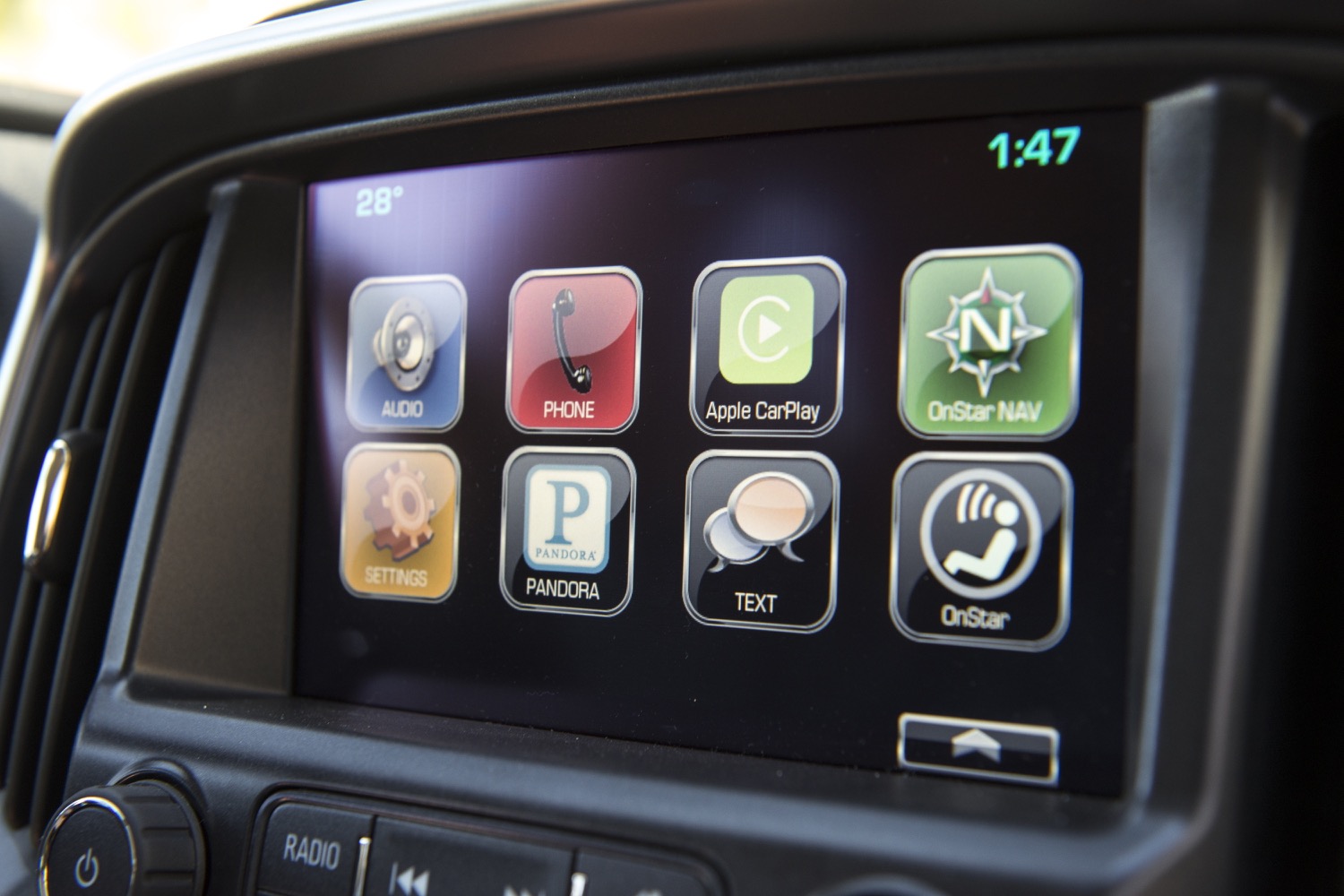 Comeback Media operates several media properties, including a sports site named “Next Impulse.” It publishes new articles and syndicates them to other websites, including Newsbreak. The syndication was a “non-contractual relationship” that generated $250k/month. [What is a “non-contractual relationship”? Sounds like an oxymoron to me.]
Comeback Media operates several media properties, including a sports site named “Next Impulse.” It publishes new articles and syndicates them to other websites, including Newsbreak. The syndication was a “non-contractual relationship” that generated $250k/month. [What is a “non-contractual relationship”? Sounds like an oxymoron to me.]
Then, an interloper named “Total Impulse” allegedly was “copying Comeback’s articles and passing them off as its own on NewsBreak. The copies kept the same content, pictures, and even videos—with many articles stating the posts originated from Next Impulse.” Unlike Comeback Media, Total Impulse had a formal relationship with NewsBreak and achieved “verified publisher” status.
Due to Total Impulse’s alleged sniping of NewsBreak referrals, Comeback Media lost (1) “basically all of the revenue from NewsBreak referrals,” (2) its writers, and (3) a corporate buyer. Comeback Media sued NewsBreak for, among other things, copyright infringement.
Contributory Copyright Infringement
The court says that a defendant is liable if it has actual or constructive knowledge of specific infringers or instances of infringement.
[Note: The constructive knowledge standard is contestable, but the court sides with the old Ellison case instead of more recent Ninth Circuit rulings like Luvdarts. I think “actual” knowledge means, well, actual and not constructive knowledge, so the court bent the standard towards the plaintiff here–and it still didn’t help.]
Comeback Media didn’t send takedown notices to NewsBreak, nor does it allege that NewsBreak otherwise had actual knowledge of Total Impulse’s alleged infringement. Nor is it able to clear the reduced scienter standard of constructive knowledge: “the mere existence of Total Impulse’s infringing material on NewsBreak is insufficient on its own to establish NewsBreak should have known of the infringement.”
The court also questions if NewsBreak materially contributed to or induced the infringement because NewsBreak terminated Total Impulse’s relationship upon learning of the alleged infringement.
As a result, the court rejects the contributory copyright infringement claim.
Vicarious Copyright Infringement
The court accepts the trope that if a contract says that a publisher can remove content for any reason, that is proof of the publisher’s right and ability to supervise that content. This venerable argument goes back to the 1990s, and it’s been rejected many times for good reasons: because this eliminates the factor for every online publisher. Ugh.
The court also says NewsBreak’s direct financial interest was properly alleged when “Comeback alleges NewsBreak would get traffic and ad revenue from articles published on its platform. And Comeback explained how Total Impulse had copied its articles, which led to a collapse of traffic to Next Impulse’s articles.”
Thus, Comeback Media can proceed on the vicarious copyright infringement claim.
Implications
Although this case doesn’t present as a typical 512/UGC scenario, it raises the same basic questions: if NewsBreak syndicates third-party content, what steps must it take to prevent and remediate copyright infringement caused by those third parties? Given the court’s rough handling of the “right and ability to supervise” prong for vicarious copyright infringement, this court seems to set up NewsBreak so that it can’t do a damn thing to manage its copyright infringement exposure other than exit the industry. [Reminder: vicarious copyright infringement is strict liability]. If this case goes up on appeal, I hope the Ninth Circuit reinforces that contractual reservations of editorial discretion don’t satisfy the “right and ability to supervise” prong. In that appeal, it would be great if the Ninth Circuit also reinforces that the “actual” knowledge prong of contributory copyright infringemnent doesn’t include constructive knowledge.
Although this is not a search engine case, many of the arguments lobbed against NewsBreak would also apply verbatim to search engines that index third-party content. Viewed in that light, this is an even more disturbing ruling.
Case Citation: Comeback Media, Inc. v. Particle Media, Inc., 2025 WL 3030438 (N.D. Cal. Oct. 30, 2025)
.png)




